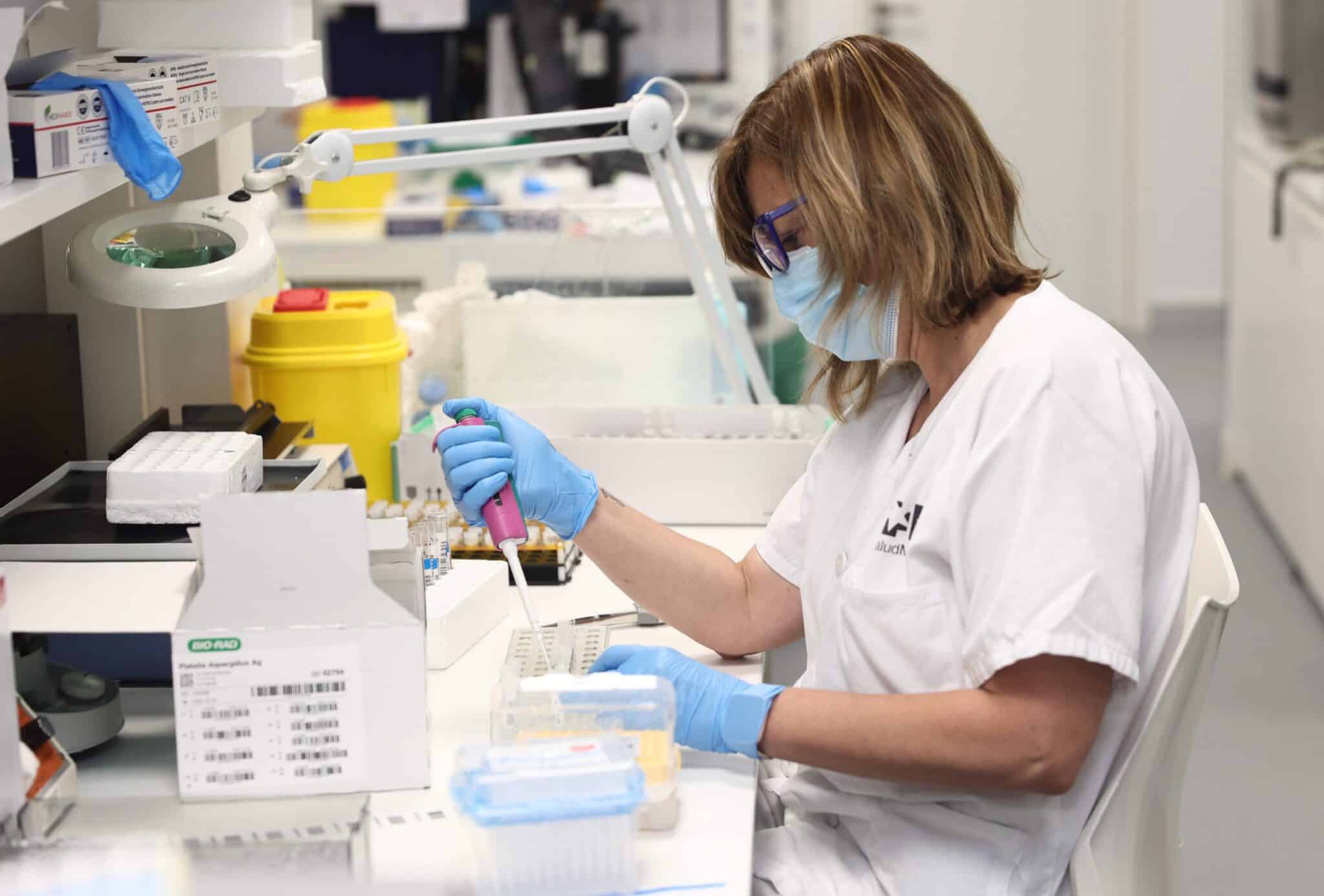More than 18,000 cases of monkeypox in 78 countries have made this infectious disease an “international emergency concern” for the World Health Organization (WHO). The latest data from Spain, the country with the most cases accumulated, was 3,738 cases reported this Tuesday.
Spain is not the first European country to report cases (it’s the United Kingdom) but it has been one where the disease has spread the most. The reasons are varied and for virus researcher Salvador Macip, they range from “the difficulty of detecting cases in time, before infecting more people.” “Because it affects a group of young people, it is also more difficult to control, because they feel less danger. It also affects that we are coming out of an intense phase of the pandemic and there is little desire to see any kind of control put in place. In the end, it appears to be a fairly contagious virus, which doesn’t help,” explained the researcher.
After the first case in May, the incidence of the virus skyrocketed from July and when more than 1,000 new cases were registered in a one-week period.
For infectious disease specialist Fernando de la Calle, the problem stems from the first phase, where containment efforts were insufficient. The increase in cases makes, he admits, “effective tracking is mission impossible.”
In the same line, the virologist Juan Carlos Galán manifests himself, who believes that several factors come together. “With mobile apps, contact tracing is not easy to manage on a personal level and on a population level,” he said of the dating platform. Likewise, he considers that “populations are eager to interact and monkeypox assumes that infected individuals have a very good evolution and prognosis.”
Monkeypox case by autonomous community
In addition to the difficulty of tracking this is a characteristic of the infection, which in some cases causes. «It occurs in other sexually transmitted diseases and although monkeypox is not exactly the same, the routes of transmission are very similar. It combines promiscuity, stigmatizing habits, may also have a high component of prostitution (men, and definitely women too)”, explains the doctor at Public Health Salvador Peiró.
De la Calle, a microbiologist at the International Health and Import Pathology Unit of the Hospital Carlos III in Madrid, believes that what is needed at this point in the evolution of Spain “what can be done now is to provide good information, so that people know the treatment to be carried out and that information about vaccinations is provided, that campaigns are conducted from health agencies and that it is known who should be vaccinated. Even the doctors who have been in the unit we have treated since the first case do not know exactly what the criteria for vaccination are. A structured program is needed, even those who are least need it being vaccinated ».
The specialist asserts that what worries them most about the disease is that “people think that it is three grains but there is income. In the hospital we are probably 3%, but some stay in the hospital for two or three weeks. Most of the victims are young people who in most cases have no records ». This reception occurs to control pain, because of inflammation at the level of the rectum, but also because this inflammation interferes with the airway or other systemic complications such as corneal ulcers.
According to the latest information from WHO with cases from around the world (70% in Europe), 10% require hospitalization and only 0.1% are in intensive care.

“Internet trailblazer. Troublemaker. Passionate alcohol lover. Beer advocate. Zombie ninja.”







